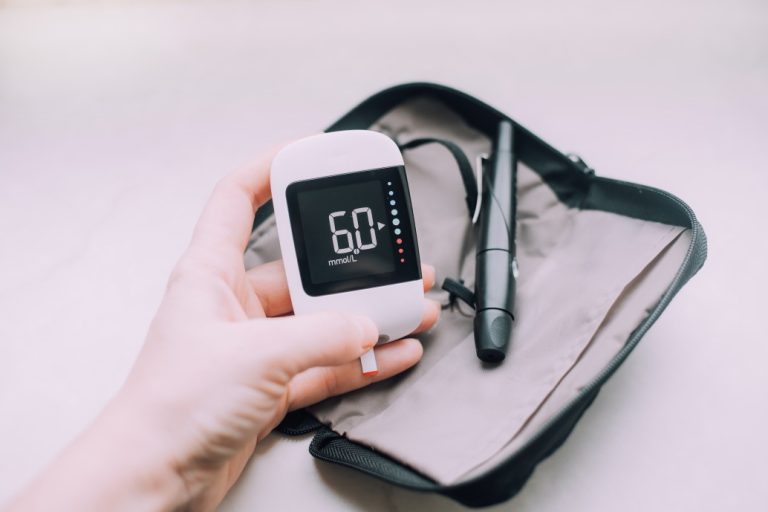
Diabetes: What is it?
As a result of diabetes mellitus, blood sugar levels become elevated because either the body cannot produce enough insulin or the body tissues become resistant to its effects. Over time, high blood sugar levels can damage numerous body systems. Diabetes is associated with an increased risk for conditions such as poor eyesight, strokes, heart attacks, amputation of limbs, and kidney failure.
Diabetes is classified into three basic types: type 1, type 2, and gestational diabetes. In type 1, the insulin-producing cells in the pancreas stop working. Childhood is the most common time when this becomes apparent, hence the condition was previously known as juvenile diabetes, but it can actually occur at any age. Until the discovery of insulin, Type 1 diabetes was a deadly condition. Luckily, it can now be medically treated and when closely managed those with the condition can lead quite a normal and healthy life.
The most common form of diabetes is Type 2 and it’s usually seen in obese or overweight adults. With increasing obesity in younger people now too, it’s also being seen in adolescents and occasionally children. Type 2 diabetes occurs when the pancreas produces insufficient insulin and/or the tissues of the body become resistant to insulin. With a change of diet and weight loss, Type 2 diabetes can even be reversed. Control of the disease is also possible with oral medications and insulin injections if needed.
Gestational diabetes occurs only in pregnancy and also relates to insulin resistance. It can disappear after the pregnancy but might recur in later life or during any future pregnancies. Pregnant Australians are routinely tested for it as it can have serious consequences for both the mother and the baby.
The information below is referring mainly to Type 2 diabetes.
Sleeping problems in diabetics
Sleep deprivation may increase the risk of diabetes
Studies from around the world have found that not getting enough sleep is a risk factor for the onset of diabetes. In most of these studies, the presence or absence of sleep apnea was not controlled for.
Short-term laboratory studies suggest that sleep restriction to 4 hours a night may induce a pre-diabetic state in healthy people. However, it is unknown whether this would develop into clinical diabetes in the long run.
Sleep deprivation may not be entirely to blame. People who say they don’t sleep much could be spending their awake time eating too much, eating the wrong kinds of food, or eating at the wrong time for their bodies to properly process the food. Supporting this theory, studies show that people who don’t sleep enough often make poor food choices, opting for sweets to make them feel more alert.
Overeating may cause obesity and that in turn can lead to diabetes.
The link between sleep apnea and diabetes
Diabetes and sleep apnea are frequently found together. In 50-80% of patients with one condition, the other may also be present.
The presence of sleep apnea may also predict diabetes developing within the next few years in people without diabetes.
Currently, it is not known whether treating sleep apnea with Continuous Positive Airway Pressure (CPAP) will prevent a person from developing diabetes.
People who are overweight or obese can alleviate or prevent these conditions with effective weight loss programs.
If you both have diabetes and sleep apnea, treatment of sleep apnea using effective therapies, such as CPAP, can help control your symptoms. Recent clinical trials suggest that CPAP is unlikely to control your diabetes beyond the medications that are specifically designed to control it and help you lose weight. The medications prescribed by your doctor should be taken as prescribed and you should speak with him or her before making any changes to your medications.
For further information on the correlation between diabetes and sleep health, or to discuss other sleep concerns with a sleep specialist just reach out to one of our team on 1800 717 566.




